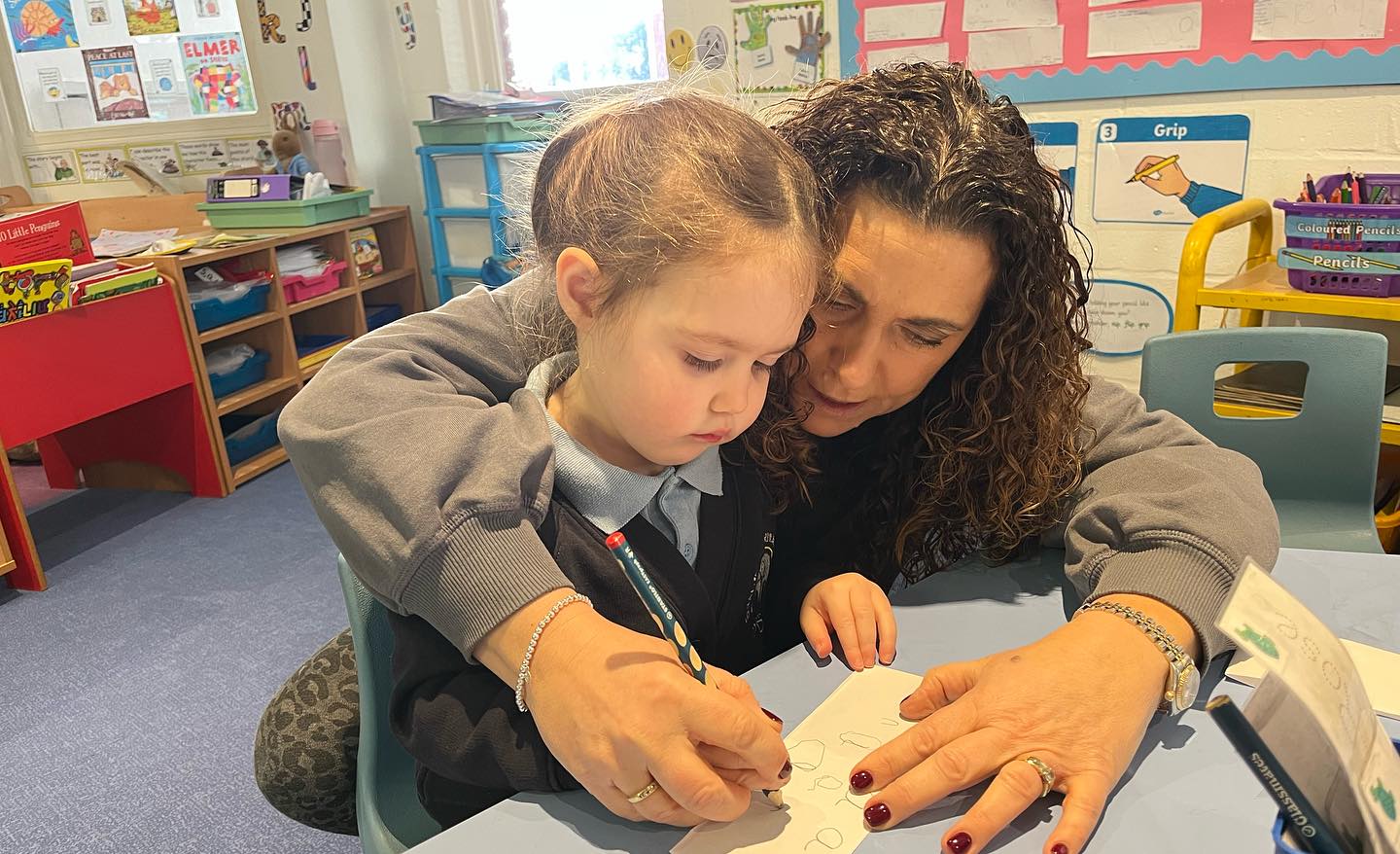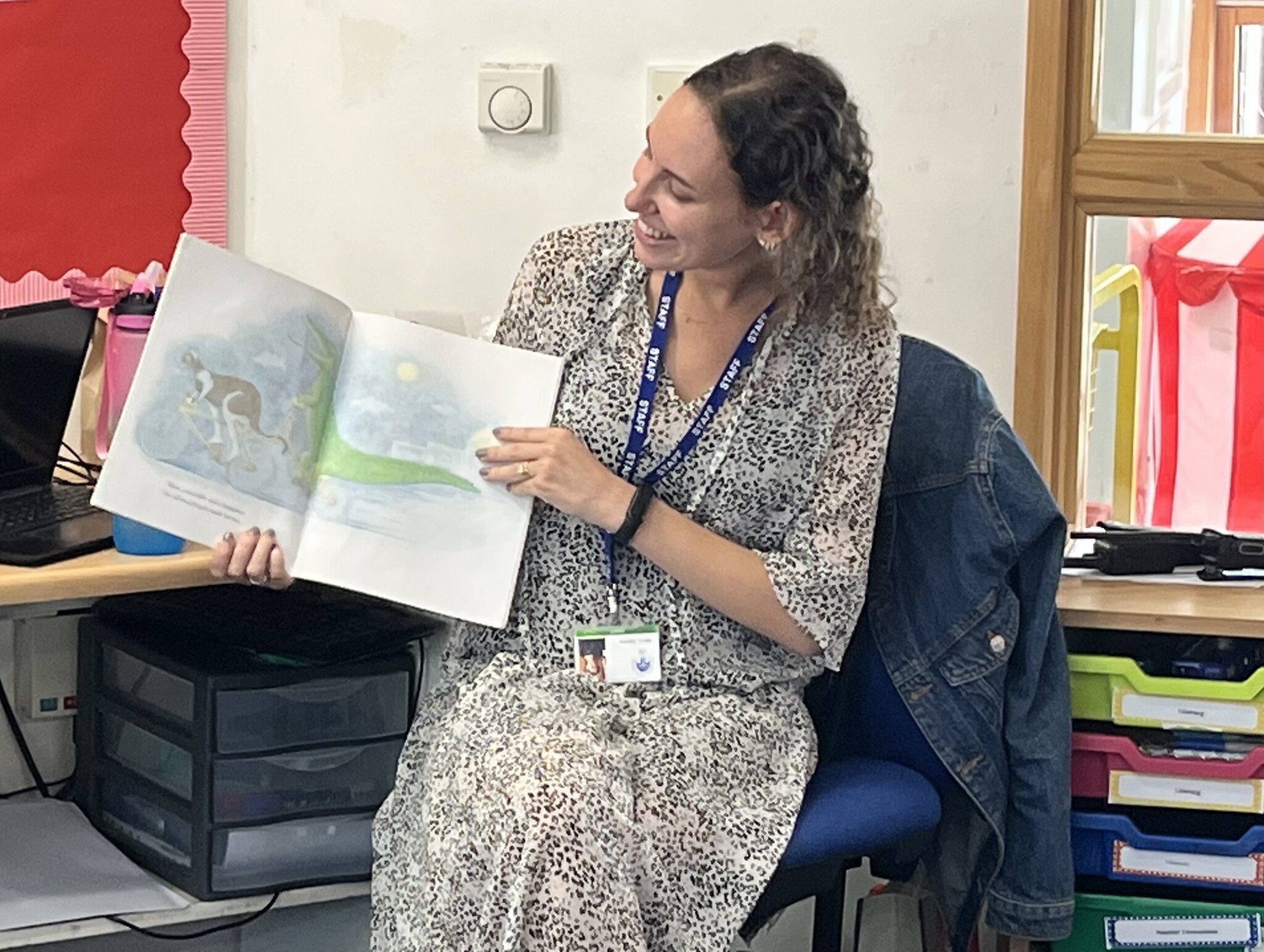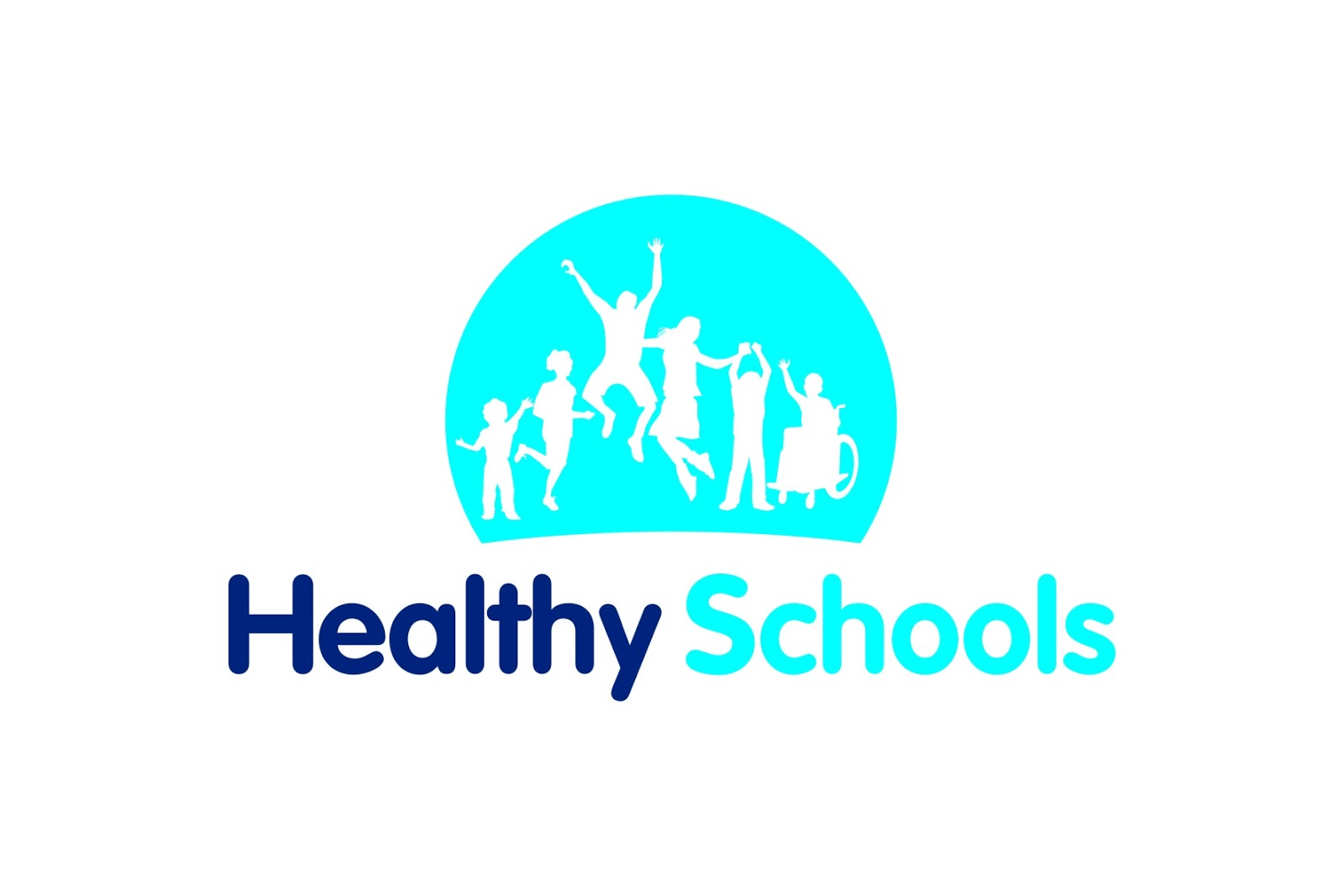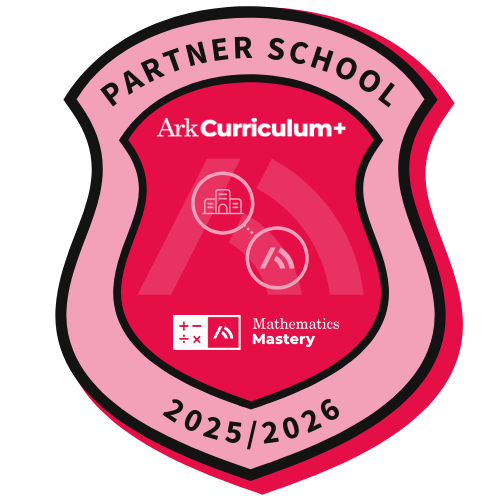
At Sinai, we want our children to become fluent, passionate readers, who understand the world through books. We cultivate a love for reading by immersing them in the rich, imaginative world of high quality texts. Our teachers serve as reading role models, igniting a joy for books and modelling the art of reading for pleasure.
We are dedicated to equipping our students with a profound understanding of the English language, enabling them to become enthusiastic and expressive writers. Our goal is to foster confident and purposeful speakers, readers, and writers. Through carefully selected texts, we expose our students to a diverse range of vocabulary, empowering them to wield words with precision and impact. Every reading and writing opportunity is a chance to broaden our children’s perspectives, expand their worldly knowledge and nurture their capacity for embracing diversity.
We firmly believe in exposing our children to a wide array of literary genres to encourage a comprehensive understanding of various text types, character dynamics, plot intricacies and non fiction forms. These diverse literary experiences provide the children with a toolkit of writing techniques, strategies and skills enabling them to craft their unique writing styles and voice.
At Sinai, our children reflect on their own and other’s writing, recognising that writing possesses a real world purpose. They understand that word choice and style have the potential to bring about meaningful change. Our mission is to empower the next generation of writers, thinkers and change makers.


.jpg)


.jpg)


.jpg)
